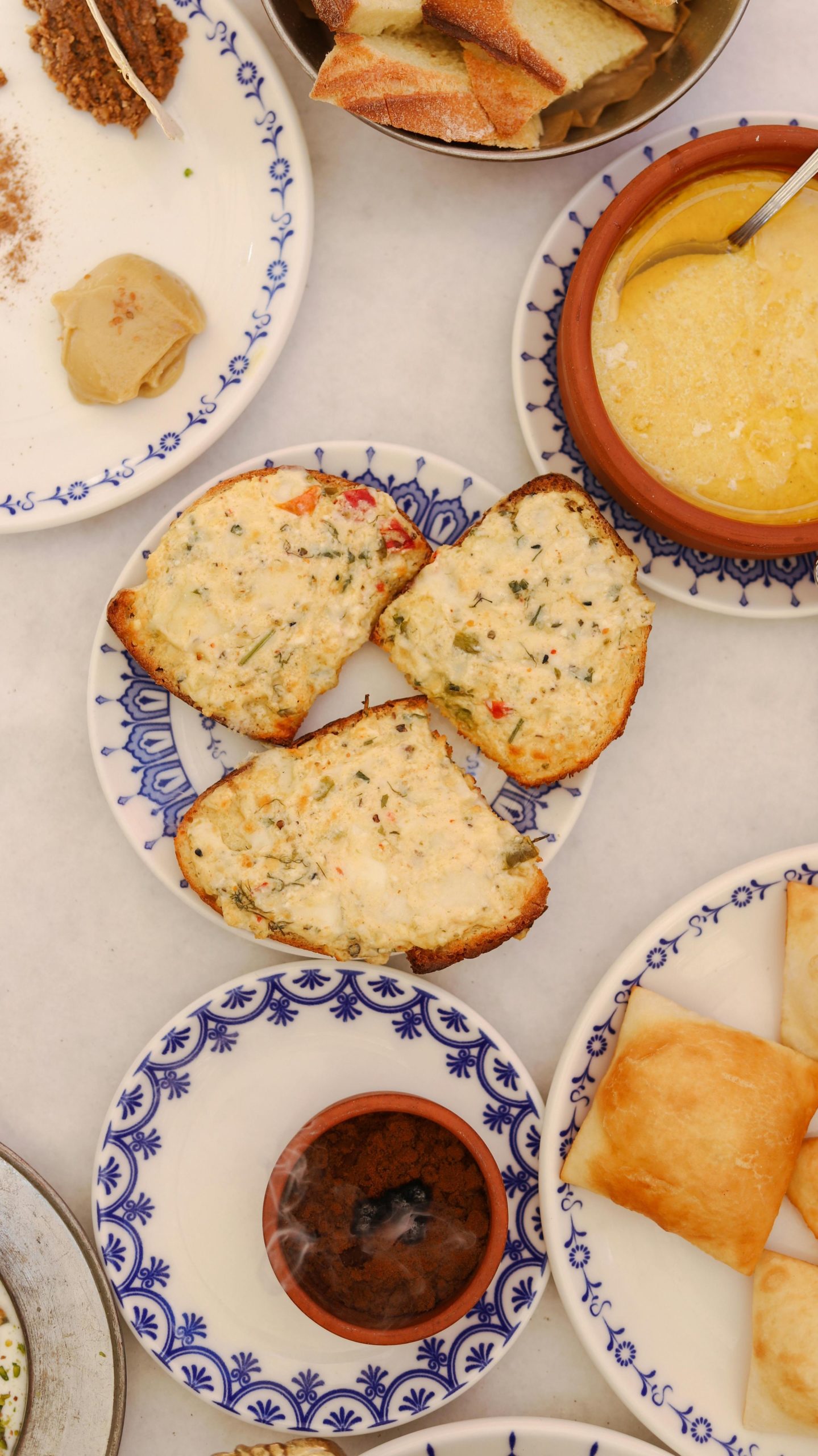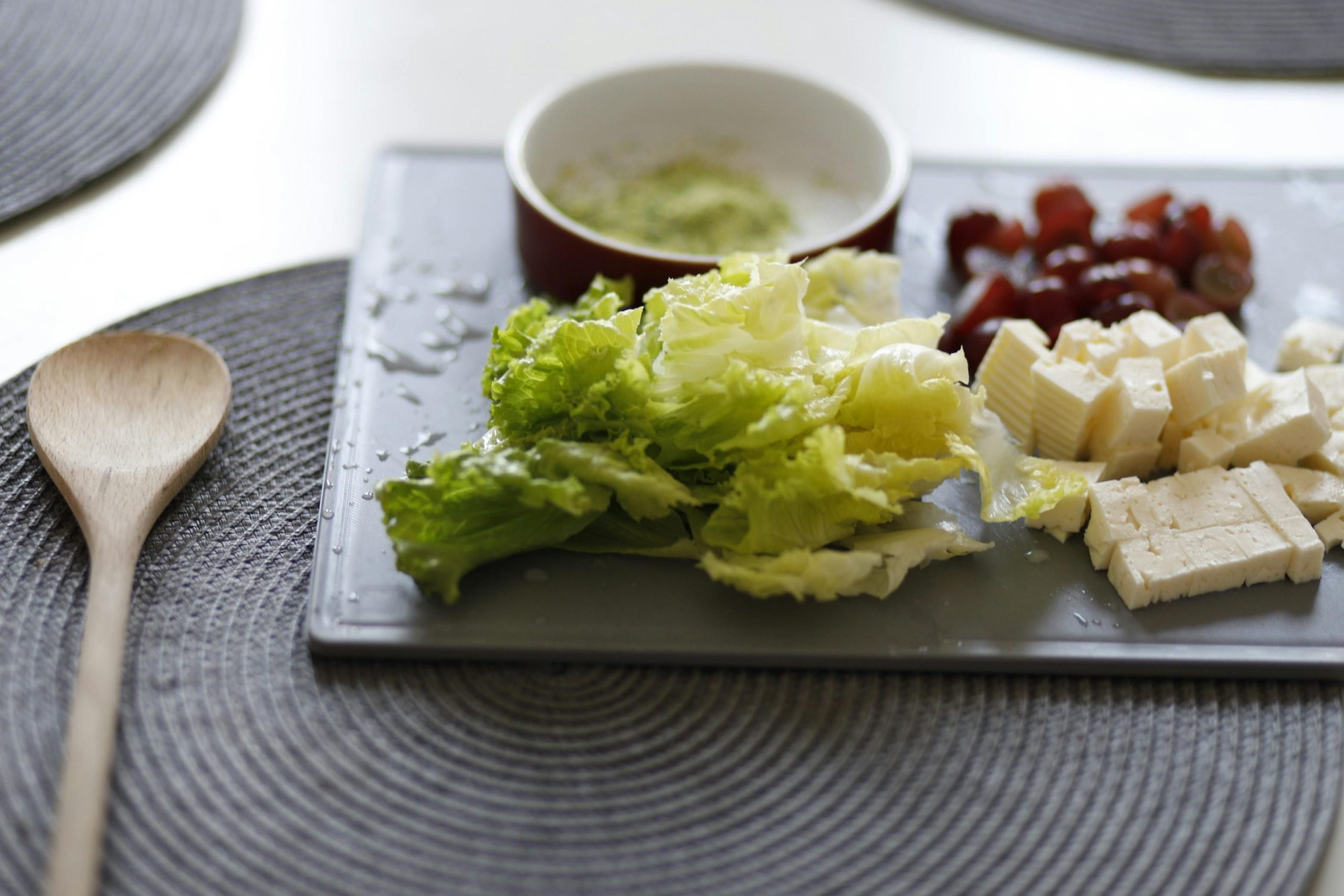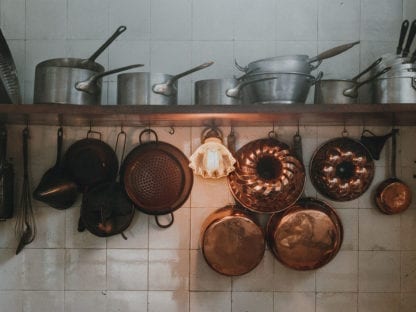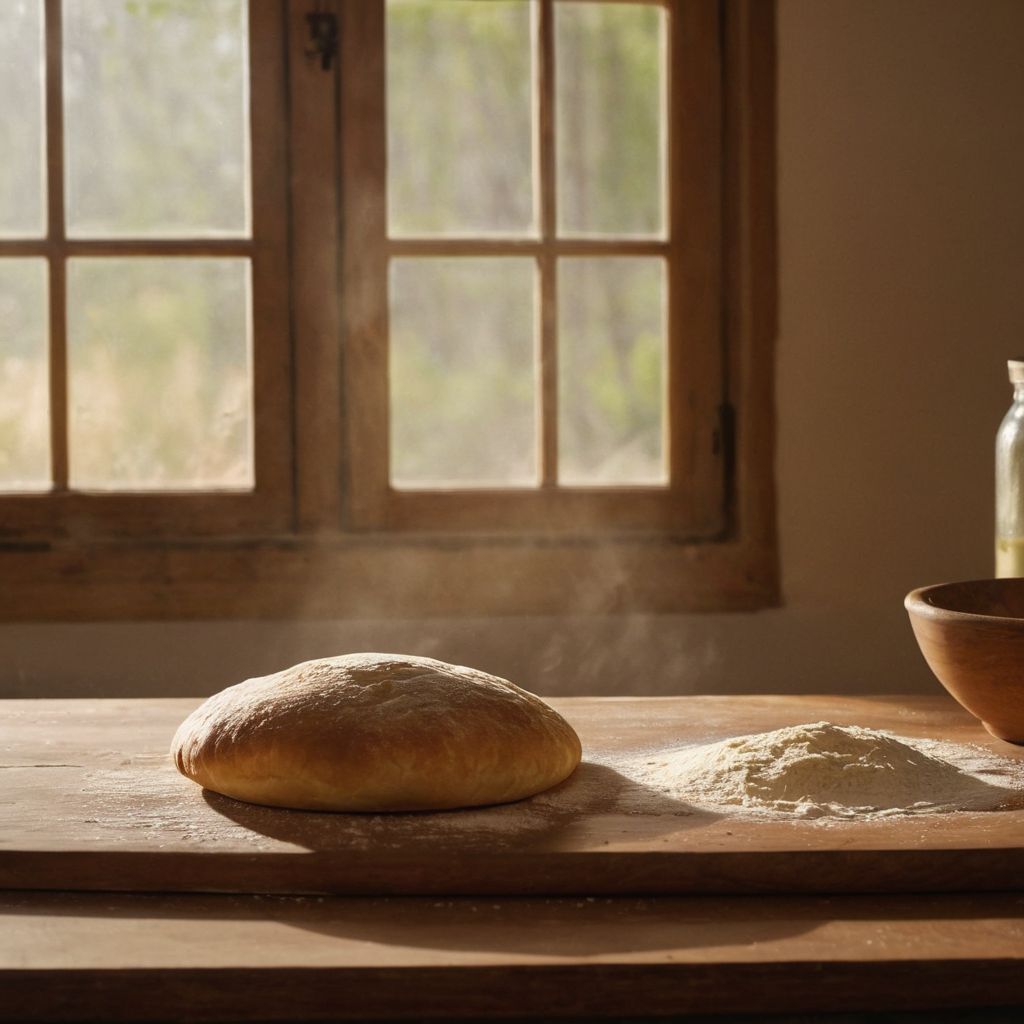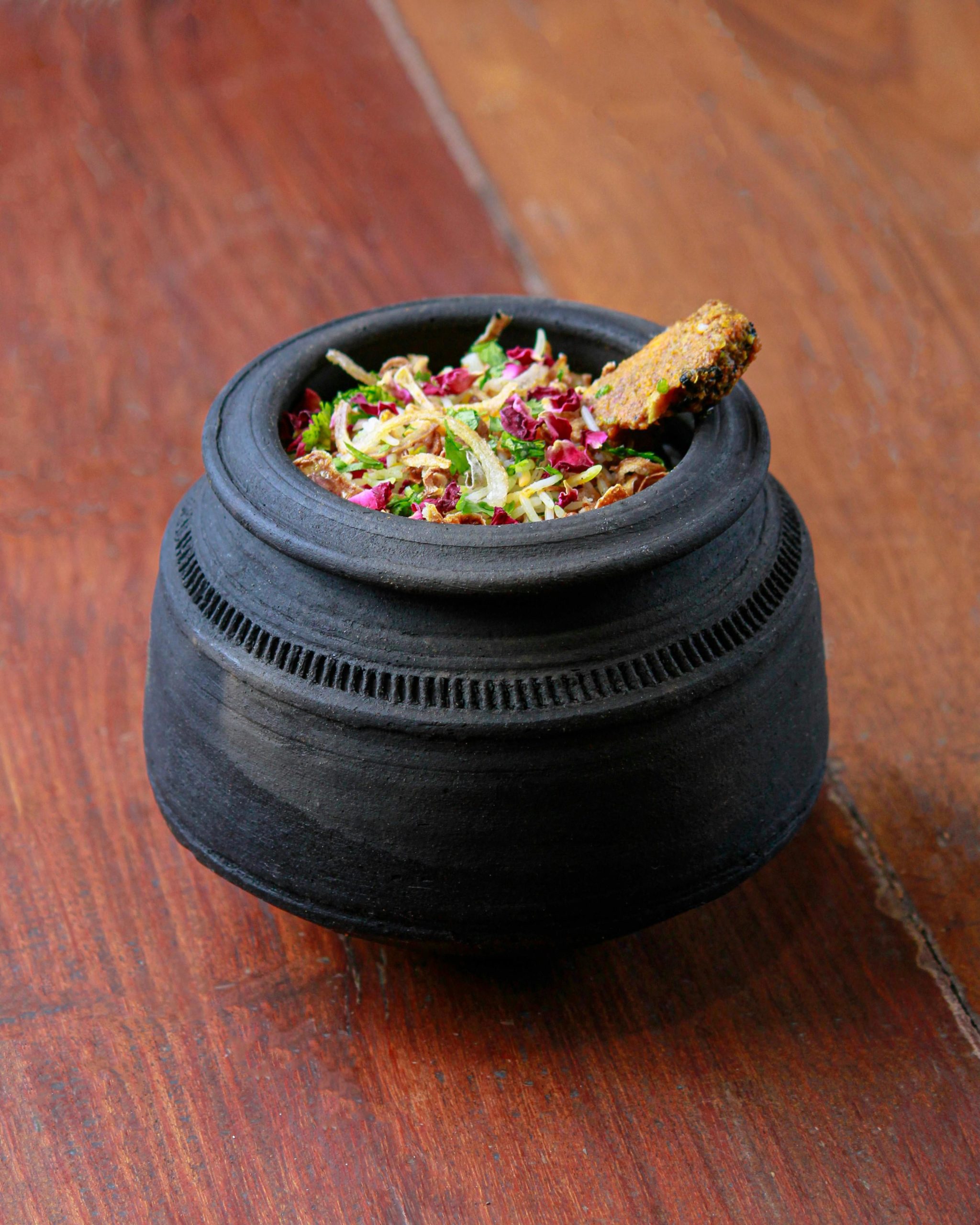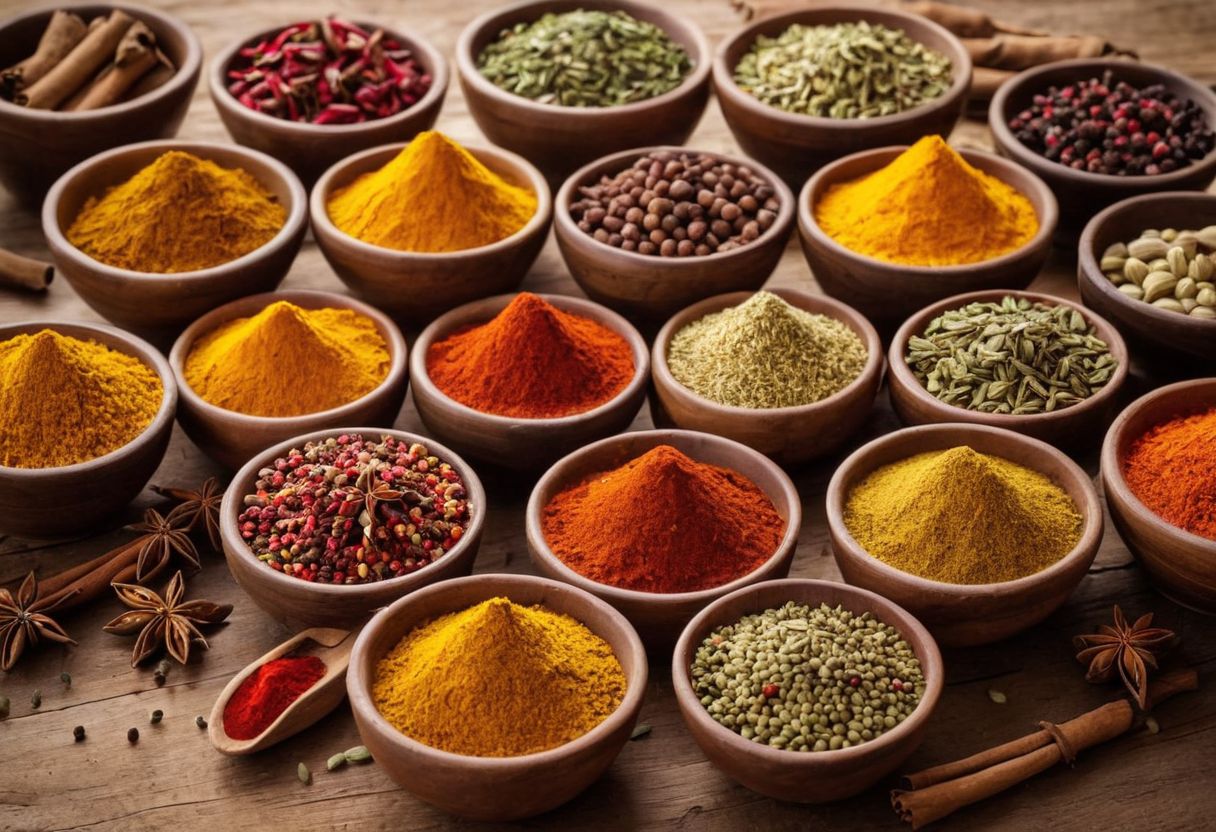Ever wondered what makes an Indian breakfast so uniquely satisfying and diverse?
Finding the perfect breakfast that balances taste, tradition, and health can often be challenging.
An Indian breakfast typically includes a variety of dishes such as idli, dosa, parathas, and poha, each paired with delightful accompaniments like chutneys and sambar.
This article will take you on a flavorful journey through the diverse Indian breakfast menu, exploring traditional recipes, healthy options, quick dishes, and effective planning tips to enhance your morning routine.
Traditional Indian Breakfast: A Cultural Journey
Indian breakfasts, a tapestry of flavors and traditions, vary significantly from one region to another, each offering a unique glimpse into the local culture and culinary practices. From the fluffy idlis of South India to the savory parathas of the North, these breakfast items are not just meals but a celebration of regional heritage and communal life. The ingredients used, such as rice, lentils, and a variety of spices, showcase the agricultural produce and the historical influences that have shaped these regions.
The importance of breakfast in Indian culture cannot be overstated. Often considered the most important meal of the day, it provides the necessary energy to start the day while being deeply rooted in family and tradition. In many homes, family members gather to share this meal, prepared with care and often following recipes passed down through generations. This meal is a delightful experience that combines taste, nutrition, and a sense of belonging.
Exploring the diversity of Indian breakfasts is like taking a cultural journey through the country. Each state and community offers something distinct, from the spicy aloo parathas in Punjab to the sweet poha in Maharashtra. The variety is immense and is reflective of India’s vast cultural diversity. It’s fascinating how these dishes have evolved over the years, yet still hold a place of pride on the Indian breakfast table.
Vegetarian Delights in the Indian Breakfast Menu
Vegetarianism is deeply embedded in Indian culinary traditions, influencing the breakfast menus significantly. Dishes like idli, dosa, and upma, made from fermented rice and lentils, are not only delicious but also offer a rich source of nutrients. These dishes are often accompanied by various chutneys made from coconut, mint, or tamarind, adding layers of flavor that delight the taste buds.
Another popular vegetarian breakfast, poha, made from flattened rice, is a staple in many households. It’s light yet fulfilling and can be enhanced with peas, peanuts, and a squeeze of fresh lemon for an extra zing. The versatility of vegetarian dishes in the Indian breakfast menu allows for a wide range of flavors and ingredients, making it a delightful exploration for vegetarians and non-vegetarians alike.
Healthy Choices in Your Indian Breakfast Routine

Incorporating healthy choices into your Indian breakfast routine doesn’t mean sacrificing flavor. Options like moong dal chilla and besan cheela are not only packed with protein but also allow for a variety of vegetable additions. These dishes are typically paired with yogurt or fresh chutneys, creating a balanced meal that supports wellness and satisfies the palate.
For those looking for low-carb alternatives, dishes like paneer bhurji or the South Indian style coconut chutney served with steamed idlis offer a nutritious start to the day. These meals are rich in essential vitamins and minerals, providing sustained energy without the heaviness of more traditional, carb-heavy breakfasts.
Quick and Easy Indian Breakfast Recipes
For those with a hectic morning schedule, quick and easy Indian breakfast recipes can be a lifesaver. Dishes like rava upma and poha are not only simple to prepare but also delicious and fulfilling. These dishes require minimal ingredients and can be made in under 20 minutes, perfect for a busy lifestyle.
Instant dosa recipes are another great option for a quick breakfast. With ready-made dosa mixes available, all you need is to add water and some seasoning for a tasty meal. Serve these with a side of quick coconut chutney or sambar, and you have a complete, hassle-free breakfast that doesn’t compromise on taste or nutrition.
Planning Your Indian Breakfast Menu Effectively
Planning an Indian breakfast menu requires a thoughtful approach to both ingredients and timing. Preparation is key, especially if you’re aiming to enjoy a variety of dishes throughout the week. Start by making a list of the breakfast options you want to include, such as idli, dosa, or paratha. For efficiency, consider preparing and storing batters or doughs in advance. For instance, idli or dosa batter can be made and fermented overnight, and paratha dough can be kneaded and stored in the fridge for several days.
To streamline your morning routine, organize your kitchen workspace the night before. Place all necessary utensils and ingredients within easy reach. This might include setting out pans, measuring spices, or chopping vegetables. Time management during cooking can be optimized by using multiple burners or cooking multiple items simultaneously, like steaming idlis while simmering sambar on another burner. This way, you can serve a warm, diverse breakfast without spending the entire morning in the kitchen.
Tips for Mastering the Indian Breakfast
Mastering the Indian breakfast starts with selecting high-quality ingredients. Freshness is paramount, especially for components like vegetables and herbs, which can elevate the flavor of dishes like poha or upma. Stock your pantry with essential spices such as mustard seeds, curry leaves, and turmeric, which are staples in many Indian breakfast recipes. Additionally, investing in good quality pans and griddles can significantly affect the texture and taste of dosas and parathas.
When cooking, the use of traditional techniques can make a big difference. For instance, allowing dosa batter to ferment properly will give you the right texture and taste. Experiment with aromatic spices by roasting them slightly before adding them to dishes; this enhances their flavors. Here are a few quick tips:
- Use a well-seasoned cast iron skillet for making dosas; it ensures crispiness.
- For fluffy idlis, ensure the steamer is adequately heated before placing the batter.
- When making parathas, let the dough rest before rolling it out to make it more pliable.
Crafting a Balanced Indian Breakfast

A balanced breakfast is crucial for starting your day right, providing the energy and nutrients needed for morning activities. In the context of an Indian breakfast, this balance is achieved by combining various food groups. Typical dishes include moong dal dosa for protein, idli for carbohydrates, and chutneys for vitamins and minerals, ensuring a well-rounded meal.
To craft a nutritious breakfast, consider these elements:
- Protein sources: such as lentils in moong dal or urad dal used in dosas.
- Carbohydrates: from whole grains like rice in idlis.
- Fruits and Vegetables: included in side servings like coconut chutney.
This combination not only satisfies the palate but also supports a healthy lifestyle.
Indian vs. Western Breakfast: A Comparative Study
Traditional Indian breakfasts, rich in spices and variety, often include items like idlis, parathas, and poha, which are packed with nutrients from fresh ingredients. In contrast, typical Western breakfasts might consist of bread, cereals, and pastries, which often contain refined sugars and flours.
Nutritionally, Indian breakfasts tend to offer:
- A balanced mix of macronutrients with carbohydrates, proteins, and fats
- Essential micronutrients like iron and vitamins from natural sources
- Fiber from whole grains and legumes, aiding in digestion
Culturally, Indian breakfasts reflect a deep-rooted heritage and are often prepared using traditional methods passed down through generations. Western breakfasts, while varied, lean towards convenience and quick preparation, often at the cost of nutritional depth.
Discover Indian Breakfast Menus with Indulge‘s Culinary Tours
INDULGE offers an exceptional opportunity to dive into the vibrant world of Indian cuisine right in the heart of Zurich. Through their curated culinary tours, participants can explore a variety of Indian breakfast menus, each rich with flavors and traditions that paint a vivid picture of India’s diverse food culture.
These tours are more than just food tastings; they are a gateway to understanding the cultural significance behind dishes like idli, dosa, and paratha. Highlights of INDULGE’s tours include:
- Sampling traditional Indian breakfast items
- Learning about the ingredients and cooking techniques used
- Gaining insights into the historical and cultural contexts of the dishes
Frequently Asked Questions
What is a popular breakfast food in India?
Popular breakfast foods in India include idli, dosa, parathas, and poha. These dishes are enjoyed across different regions and are known for their delightful taste and nutritional value.
What is the easiest Indian breakfast?
The easiest Indian breakfast options mentioned are rava upma and poha. These dishes are quick to prepare, taking about 20 minutes, and require minimal ingredients, making them suitable for a busy lifestyle.
What to eat in brunch Indian?
Indian brunch can include a variety of dishes such as idli, dosa, parathas, poha, moong dal chilla, and besan cheela. These dishes offer a mix of taste, tradition, and nutrition, suitable for a mid-morning meal.
What is a good breakfast menu?
A good breakfast menu could include a combination of dishes like moong dal dosa for protein, idli for carbohydrates, and various chutneys for vitamins and minerals. This combination provides a balanced meal that is both nutritious and satisfying.

